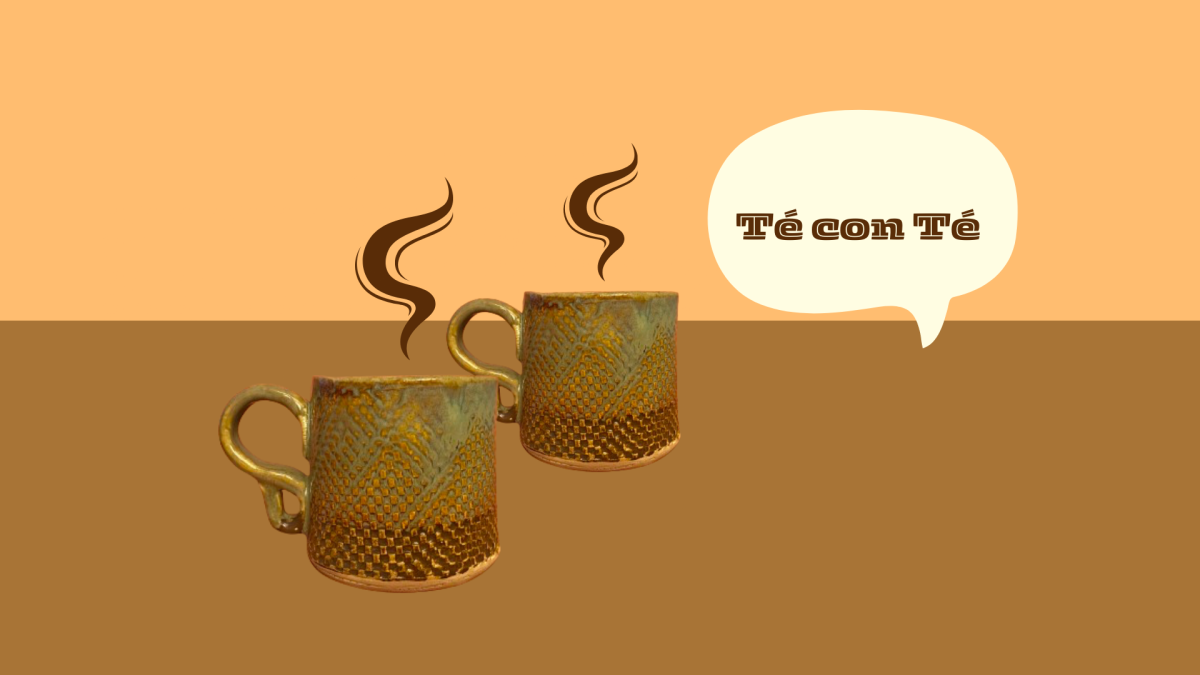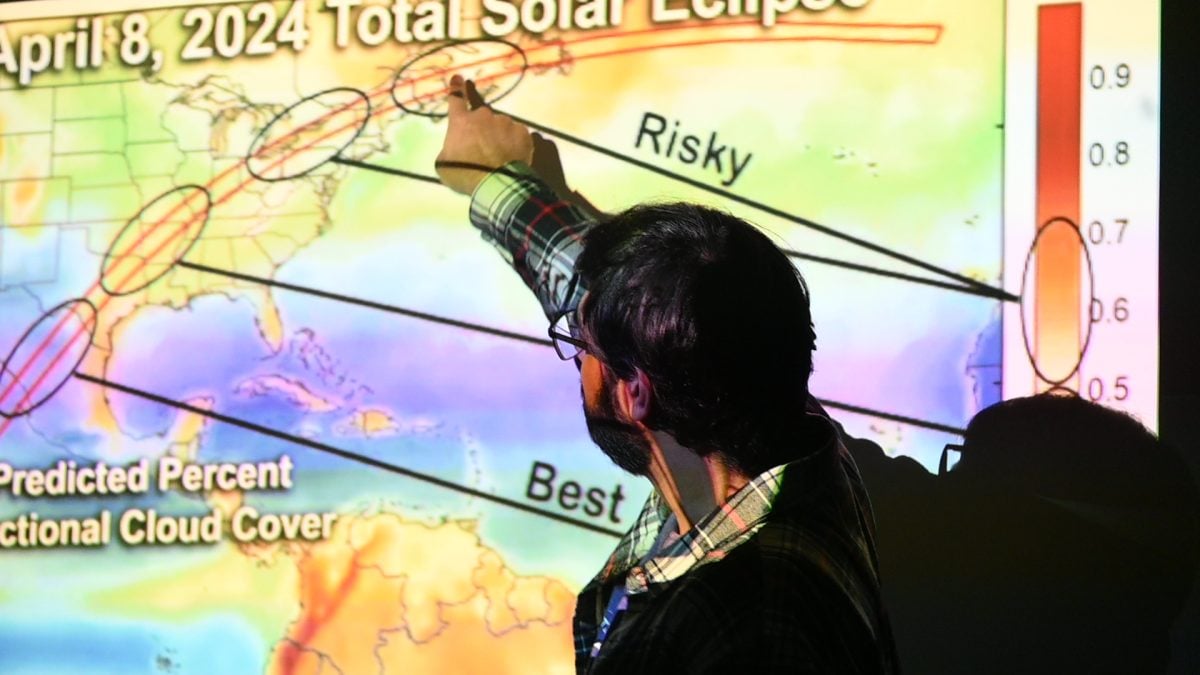Every Monday from 5 p.m. to 6 p.m., students gather in Kresge Hall over tea and cookies to practice their Spanish speaking skills in conversation groups.
This club is called Té con Té, which has a double meaning — “I told you,” and “tea with tea,” a reference to the tea attendees drink and the conversations (or “tea”) they engage in.
Té con Té was founded in 2018 by four students who wanted a place to practice Spanish together, and other students have been choosing conversation topics and running the meetings ever since.
Spanish Profs. Reyes Morán and Elisa Baena are the faculty advisors for Té con Té.
“It’s good practice for students who are taking Spanish now, but it is also good practice for students who are not officially enrolled in any class, because it’s open to all the students at Northwestern, graduate and undergraduate,” Morán said.
Weinberg sophomore Hannah Zhou is one of four student leaders of Té con Té.
Zhou said she attends Té con Té meetings every week and practices speaking Spanish with her friends who are native speakers. She often arrives early to set up Spanish music to play during the meetings, she said.
“I don’t really know if I can attribute all my improvement to Té con Té, since it only meets once a week, but it is definitely an integral part of my Spanish journey,” Zhou said.
Graduate instructor Jesse Rothbard said language comprehension is split into four components: listening, reading, speaking and writing. He said students often struggle with speaking and writing, so the Spanish and Portuguese department focuses on these specific components in extracurricular activities.
While Té con Té can be a key resource for students who enjoy socializing, Rothbard said the best way to practice a language is to find what you are passionate about. He said some students may prefer to watch movies and television in a second language as practice.
“The phonetics or the sounds of Spanish are significantly different from English,” Rothbard said. “Giving students as much exposure as they can … helps students become more familiarized with different ways of speaking.”
Morán said Té con Té is successful because students do not fear judgment by professors.
“They don’t feel the pressure of being observed by someone who is like, ‘This is correct. This is incorrect. Why are you saying that?’,” Morán said. “It’s just communication, and communication is the key factor to learning a language.”
Email: [email protected]
X: @IsaiahStei27
Related Stories:
— NU alumni apply student org experiences in post-grad careers
— Northwestern professors discuss improving language studies at TED Talk event















